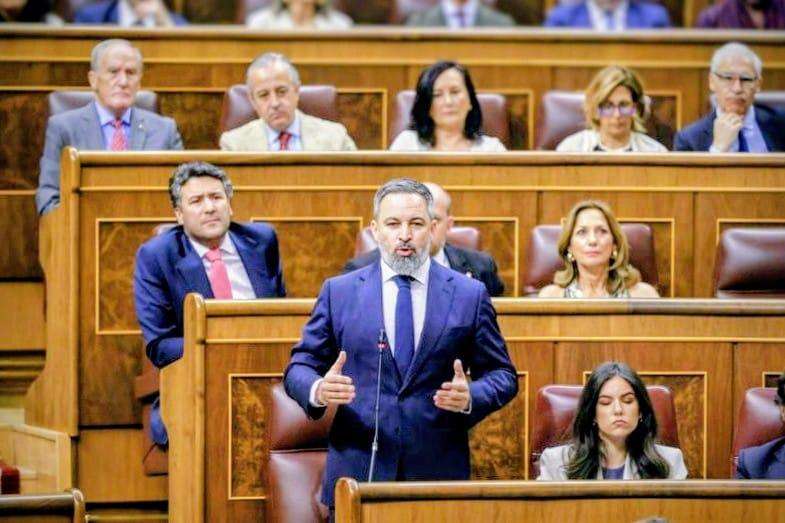Job openings for permanent positions in the UK experienced their sharpest decline in four years last month, according to a recent survey, reflecting the worsening economic climate.
In a context of volatile markets and weak economic indicators, the latest jobs report from consultancy KPMG and recruitment firm REC reveals that many companies are hesitant to recruit.
The survey of employers indicated that vacancies for permanent positions dropped at the fastest rate since August 2020, a period when the UK was grappling with the Covid-19 pandemic. Temporary job openings also decreased in December.
The labor market has been decelerating throughout much of 2024, with December marking the 14th consecutive month of declining overall vacancies.
The steepest drop in vacancies for permanent roles was observed in the executive/professional and IT and computing sectors.
Some businesses, especially in the hospitality and retail industries, have expressed concerns that the government's £25 billion hike in national insurance contributions (NICs), set to take effect in April, will further dampen hiring.
Jon Holt, the KPMG group chief executive, said: “As we start the new year, it’s a muted one for the UK jobs market. The hiring market could continue to show signs of caution in the short term, as businesses pause to take stock of higher employment costs, a more gradual pace of interest rate cuts and rising inflation.”
However, he suggested the situation could improve in the coming months. The survey found wage inflation is continuing to increase, at its fastest pace since August 2024, showing there is still demand for workers.
“As 2025 progresses and UK economic growth picks up, businesses will need new talent. Salary inflation being at its steepest in four months shows they are still willing to compete for it,” Holt said.
Policymakers are watching closely to see how the increase to employers’ NICs – the main revenue raiser in Rachel Reeves’s October budget – affects hiring and inflation in the coming months. The Bank of England said last month that government policy decisions had created “additional uncertainties” around the economic outlook.
Meanwhile, a new year bond sell-off in financial markets, which pushed the yield on 10-year government bonds above 4.8%, its highest level since the global financial crisis in 2008, has fuelled fresh concerns about the health of the public finances.
The Office for Budget Responsibility (OBR) is preparing a new economic forecast, to be published on 26 March. The chancellor will have to respond to the OBR’s projection – and may be forced to cut spending if the report suggests she is likely to break her self-imposed fiscal rules.
The latest inflation data will be published next week.








.svg)




